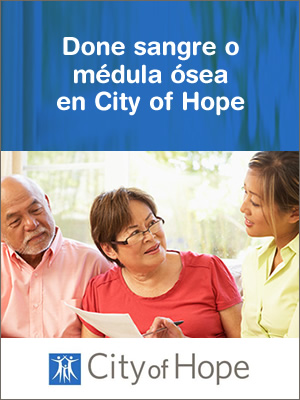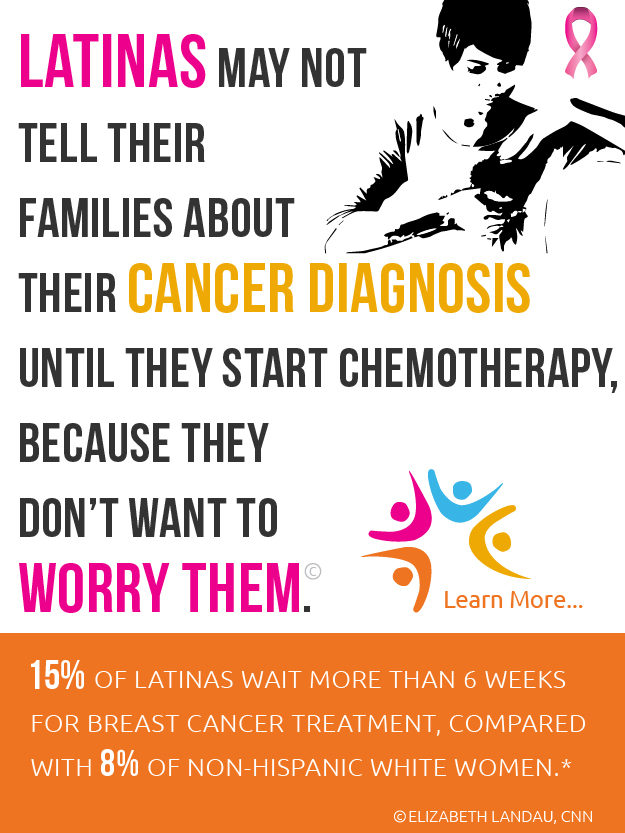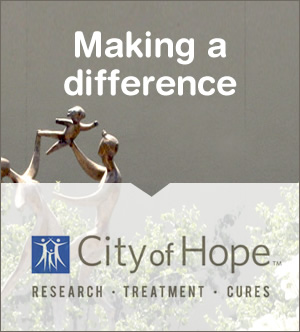
Making Tough Choices
04/28/2015 10:06AM | 7482 viewsHESTER HILL SCHNIPPER, a licensed independent clinical social worker, is a breast cancer survivor and the manager of oncology social work at Beth Israel Deaconess Medical Center in Boston. She also writes a daily blog, Living With Breast Cancer, for the hospital's website. In an article for Cancer Today Magazine, she offers 12 pointers to ease some of the burden associated with difficult treatment decisions.
From the moment you receive a cancer diagnosis, choices abound. Some, like picking a doctor or a hospital, are about reputation, relationship, finances, insurance and convenience. Others are about selecting treatments. Still others relate to stopping treatment and deciding to focus on quality of life.
It likely was easier in the era when patients were expected to simply follow doctors’ orders. Now good doctors involve their patients in decision making. While this approach creates a positive sense of involvement and empowerment, it can also cause some anxiety, uncertainty and pressure—especially if family members or friends have different ideas.
The following strategies can help you keep these decisions in perspective and ensure you are making choices on your own terms:
1) Whatever the situation, create a list of pros and cons.
2) Get as much information as you can. You can decide whether you want to immerse yourself in the medical literature or read very little. You can delegate the research to a friend or family member or ask your doctor to explain the options and make recommendations.
3) Stick with reliable resources, such as the American Cancer Society, the National Cancer Institute or the American Society of Clinical Oncology’s patient website. Be careful not to do too much Internet research, and stop reading if you start feeling anxious. For everyone, there is a moment of overload. Remind yourself that you are not able to learn everything, and that it is not necessary to do so.
4) You almost always have time to consider your choices. Cancer is very rarely a medical emergency.
5) Consider speaking to a few people who have a diagnosis similar to yours or who have considered the same surgical or treatment options.
6) All of us have different priorities and worries, and identifying yours may make things more clear. For example, if you have small children, you may be most concerned about the recovery period and your ability to meet your responsibilities.
7) Try not to obsess over statistics or worry that there is only one right choice. Statistics describe the experiences of large groups of people; no one knows what the outcome will be for any one person.
8) Pay attention to your gut as well as your brain.
9) It is critical that you respect and feel comfortable with your doctor. If you don’t, find another one.
10) Identify the worst possible outcome of a set of options and do your best to avoid it. This strategy can help you focus.
11) Virtually none of these choices mean the difference between life and death. If they did, your doctor would be telling you what to do. For many people, the choices are among several good treatments and, in some cases, include clinical trials.
12) As a patient, you always get the final say. This is your life, so trust your instincts.











Post your Comment
Please login or sign up to comment
Comments